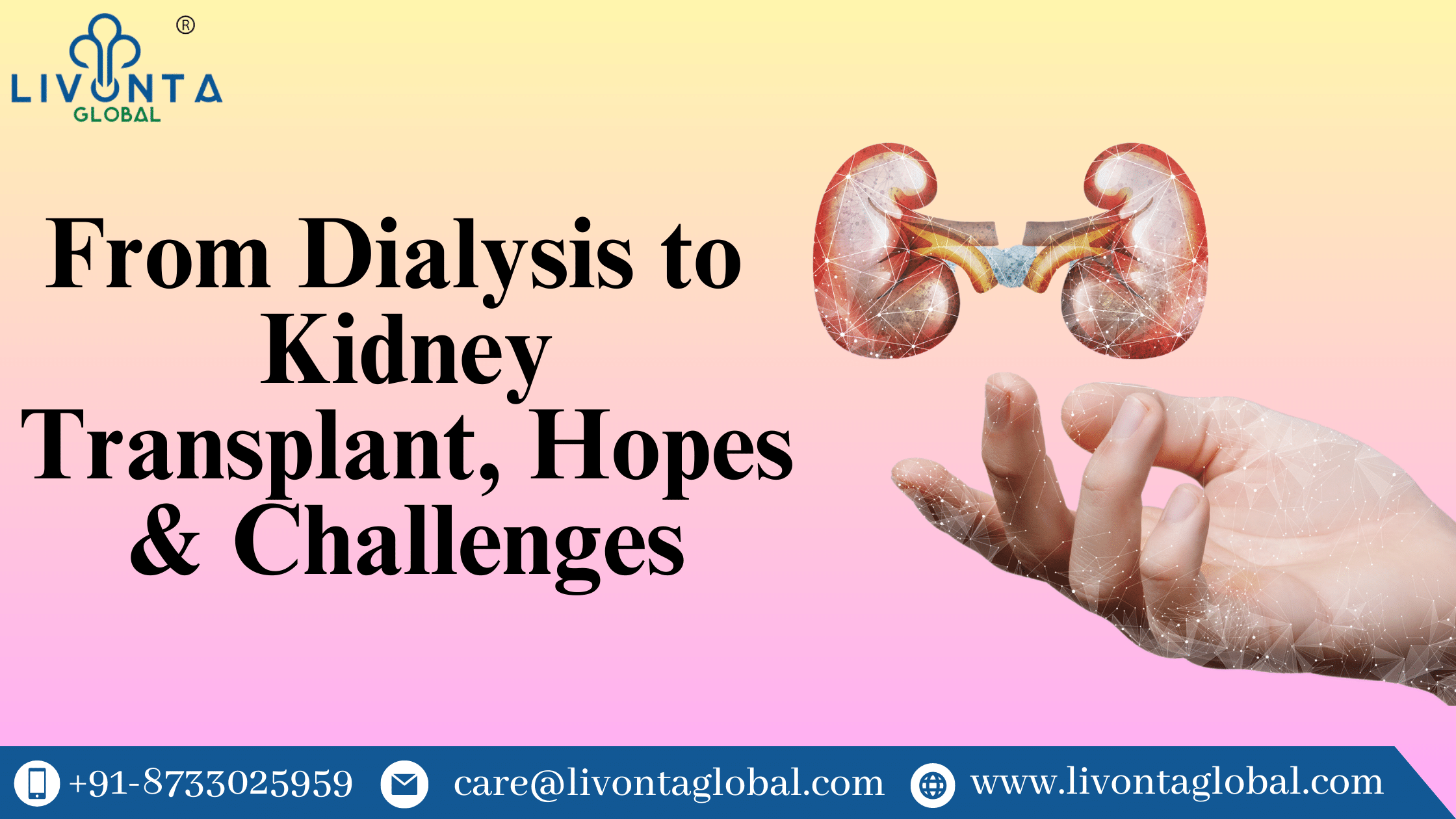Indian patients with end-stage renal disease (ESRD) and other severe kidney-related illnesses have hope thanks to the life-saving medical treatment of kidney transplantation. The need for kidney transplant hospitals in India is increasing as a result of the worrisome rise in the prevalence of this medical disease.
And not just for the domestic patients, there is a great influx of international patients as well who visit India to get treated for the best results.
That being said, this medical intervention has its own set of challenges and considerations. It is crucial that everyone participating in the process—patients, their families, and healthcare professionals—understands both sides of the story. Let’s find out more –
Hopes of Kidney Transplant
Improved Quality of Life:
Kidney transplantation offers the hope of improved quality of life for individuals with ESRD. It can improve symptoms, improve kidney function, and enable patients to resume daily activities including employment, travel, and social engagements. This means a successful kidney transplant can significantly enhance life expectancy compared to long-term dialysis treatment.
Freedom from Dialysis:
For patients who have been on dialysis, a kidney transplant offers the hope of breaking free from regular dialysis sessions. This not only eliminates the need for time-consuming treatments but also reduces dietary restrictions and saves on a recurring monetary toll on the family.
Improved Health Outcomes:
A functioning transplanted kidney can help normalize blood pressure, control anemia, and improve overall health. Transplant recipients often experience fewer complications related to kidney diseases, such as cardiovascular problems or bone disorders.
Challenges of kidney transplant
Organ Shortage:
The demand for kidney transplants far exceeds the availability of the organs. This shortage results in lengthy waiting times for patients when the only alternative is to opt for ongoing dialysis.
Organ Rejection:
Organ rejection could result if the recipient’s immune system recognizes the transplanted kidney as a foreign substance.
Even though improvements in immunosuppressive drugs have drastically lowered rejection rates, lifelong immunosuppression is still necessary to lessen the risk.
Surgical Risks and Complications:
Kidney transplantation carries inherent hazards, including infection, bleeding, and complications from anesthesia, just like any other surgical treatment. The difficulty of the transplantation process is increased when there is little match between the donor and recipient.
Lifelong Medication and Monitoring:
Transplant recipients need to take immunosuppressive medications for the rest of their lives to prevent organ rejection. These medications suppress the immune system, making patients more susceptible to infections and other diseases. Close monitoring and regular follow-up visits with healthcare professionals are necessary to manage medication dosages and monitor the health of the transplanted kidney.
Post-Transplant Lifestyle Changes:
After a kidney transplant, patients must make certain lifestyle modifications. This involves adhering to a strict medication schedule, keeping up a nutritious diet, getting regular exercise, and abstaining from vices like smoking and binge drinking. The success and long-term health of the transplanted kidney depend heavily on these modifications.
The advancement in the medical field can help to cure even end-stage renal illness. With successful kidney transplantation, it can enhance their quality of life, increase their chances of survival, and help them to live a life free from dialysis. However, there is no denying the challenges associated with this procedure, and following the necessary lifestyle changes because there can be better living conditions in the end. By understanding these hopes and challenges, patients and their related people can work together to optimize the outcomes and provide the best possible care.

Leave a Comment